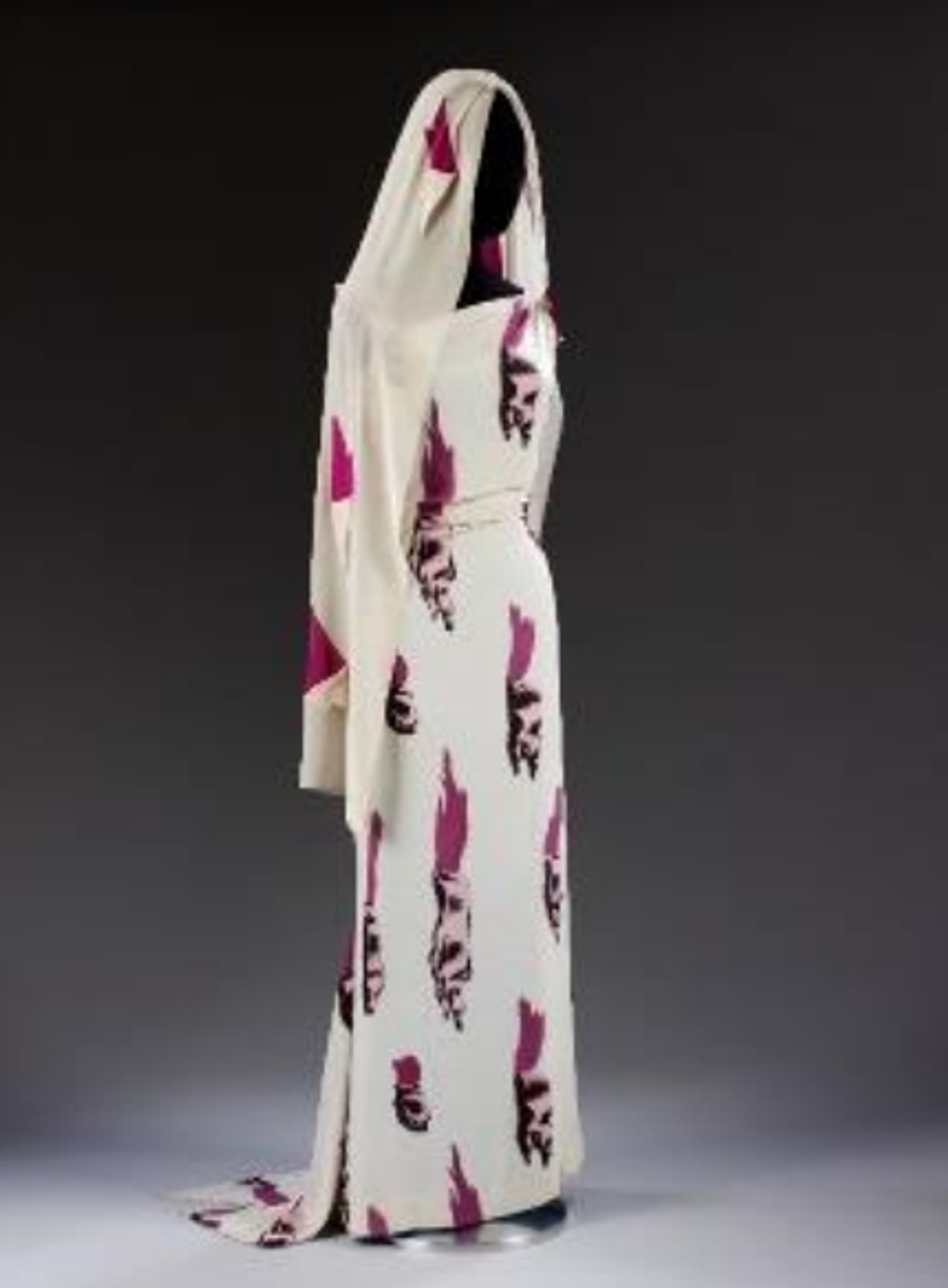The US is headed for a "tough two weeks", President Donald Trump has warned, advising people to be prepared for the "hard days" ahead, as the country fights the coronavirus pandemic that's projected to claim 100,000 to 200,000 lives in the coming weeks.
In perhaps his most somber news conference to date about the pandemic, Trump, who has faced criticism for playing down the threat of the outbreak in its initial phases, urged the population to heed guidance to limit groups to no more than 10 people, work from home and not dine in restaurants or bars.
Trump's remarks came as Deborah Bix, a member of White House Task Force on coronavirus, based on a model from actual data from the ground, said the death toll in the US could be between 100,000 to 200,000, with the strict implementation of the existing mitigation measures including social distancing till April 30.
If no steps were to be taken, the death toll could range between 1.5 million and 2.2 million, Brix said on a day when the confirmed number of coronavirus infections in the US, according to the Worldometer website, skyrocketed to over 188,000, adding more than 24,000 new cases in a single day and the fatalities rose to 3,867.
"I want every American to be prepared for the hard days that lie ahead," Trump told reporters on Tuesday at a briefing which has now become his daily coronavirus press conference at the White House for more than 10 days.
"We're going to go through a very tough two weeks and then, hopefully, as the experts are predicting, as I think a lot of us are predicting after having studied it so hard, we are going to start seeing some real light at the end of the tunnel. But this is going to be a very painful, very, very, very painful two weeks," Trump said.
In this grim scenario, where the daily death toll keeps on jumping at an unprecedented rate, and more than 250 million of the American population has been forced to stay inside their homes, the president asked his countrymen to be positive and cooperate in this war against the invisible army of coronavirus.
"I want to give people hope. I'm a cheerleader for the country," said Trump who is the seeking his re-election in the November presidential elections.
Campaigning has come to a standstill and it is unlikely to revive in the next few months. The social distancing measures now have been extended for another 30 days till April 30. The country is expected to face the peak in coronavirus around middle of April.
"We're going through the worst thing that the country has probably ever seen. Look, we had - the Civil War, we lost 600,000 people, right? Here''s a thing, had we not done anything, we would have lost many times that. But we did something, so it''s going to be, hopefully, way under that," he said.
"But you know, we lose more here potentially than you lose in world wars as a country. So there''s nothing positive, there''s nothing great about it, I want to get people in this country hope. I think it''s very important," Trump said.
The United States is in the midst of a great national trial, Trump said.
This is "unlike any we have ever faced before you all see it, you see it probably better than most. We are at war with a deadly virus," he said.
"Success in this fight will require the full absolute measure of our collective strength, love, and devotion. Very important. Each of us has the power through our own choices and actions to save American lives and rescue the most vulnerable among us; that is why we really have to do what we all know is right," he said.
"Every citizen is being called upon to make sacrifices. Every business is being asked to fulfil its patriotic duty. Every community is making fundamental changes to how we live, work and interact each and every day, and I wouldn''t be surprised to see this going on long into the future when this virus is gone and defeated," the president said.
So far, New York alone accounts for 75,795 confirmed cases of coronavirus and 15,50 deaths. As compared, China from where it all started in November-December time frame had 81,518 cases and 33,05 deaths.
In addition to New York, till Tuesday nine States had reported more than 5,000 confirmed cases of coronavirus. The States being New Jersey, California, Michigan, Florida, Massachusetts, Illinois, Washington, Louisiana and Pennsylvania. Sixteen other States had more than 1,000 confirmed cases of coronavirus.
While the deadly disease has spread like a wildfire from coast to coast, more than 100 deaths have been reported in at least eight States of New Jersey, California, Michigan, Washington, Louisiana, Georgia, and Illinois. New York tops the list with more than 15,50 deaths.
Members of the White House Task Force on Coronavirus asserted that they were pulling out all resources to bring down the projected number of fatalities.
"Our hope is to get that down as far as we possibly can. The modelling that Dr Birx showed predicts that number that you saw. We don''t accept that number, that that''s what''s going to be. We''re going to be doing everything we can to get it even significantly below that," said Anthony Fauci, Director of the National Institute of Allergy and Infectious Diseases Director and a member of the White House Task Force on Coronavirus.
"This is the thing that we need to anticipate, but that doesn''t mean that that''s what we''re going to accept. We want to do much, much better than that," he told reporters in response to a question
















 Vogue 1940; Designer Elsa Schiaparelli wearing black silk dress with crocheted collar of her own design and a turbanFredrich Baker/Condé Nast via Getty Images
Vogue 1940; Designer Elsa Schiaparelli wearing black silk dress with crocheted collar of her own design and a turbanFredrich Baker/Condé Nast via Getty Images 'Tears' Evening dress and head veil, designed by Elsa Schiaparelli, February 1938 for Circus Collection, summer 1938. Fabric designed by Salvador Dali Victoria and Albert Museum, London
'Tears' Evening dress and head veil, designed by Elsa Schiaparelli, February 1938 for Circus Collection, summer 1938. Fabric designed by Salvador Dali Victoria and Albert Museum, London Natasha Poonawalla attends The 2022 Met GalaGetty Images
Natasha Poonawalla attends The 2022 Met GalaGetty Images  Vogue 1936; Two models, standing in a white room with arrows painted on walls and wearing dresses by Schiaparelli;Cecil Beaton/Condé Nast via Getty Images
Vogue 1936; Two models, standing in a white room with arrows painted on walls and wearing dresses by Schiaparelli;Cecil Beaton/Condé Nast via Getty Images


 Many of these beaches are tidal and best enjoyed at low tideiStock
Many of these beaches are tidal and best enjoyed at low tideiStock It’s also unofficially clothing-optionaliStock
It’s also unofficially clothing-optionaliStock Framed by the turquoise seaiStock
Framed by the turquoise seaiStock It’s best visited early or late in the dayiStock
It’s best visited early or late in the dayiStock